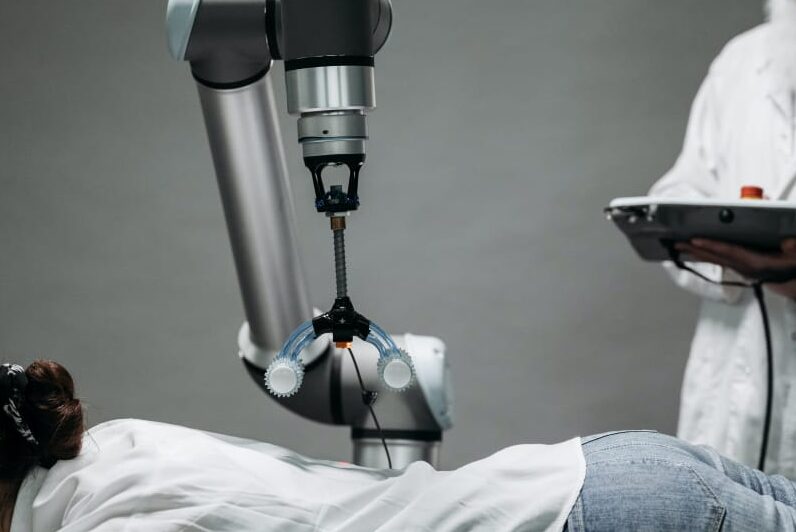The Role of Artificial Intelligence in Laboratory Science

Artificial intelligence (AI) has revolutionized many fields, and laboratory science is no exception. In this article, we can explore the various ways in which AI is being used in laboratory science, from analyzing data to developing new drug treatments, and discuss the potential benefits and challenges associated with this technology.Connecting Dreams, Creating Impact thalenequibridge.
Artificial intelligence (AI) is rapidly transforming the field of laboratory science, and its applications are being explored across a wide range of disciplines, from medical research to materials science. Here are some ways in which AI is playing a critical role in laboratory science:
- Data Analysis: Modern laboratory equipment generates vast amounts of data, and AI algorithms are being used to analyze this data quickly and accurately. By identifying patterns and trends in data sets, scientists can make informed decisions and draw accurate conclusions from their research.
- Experiment Design: AI is being used to design experiments that are optimized for success. By taking into account a wide range of variables, including materials, sample size, and environmental conditions, AI algorithms can help scientists design experiments that are more likely to yield meaningful results.
- Drug Discovery: AI is being used to identify new drug candidates and predict their efficacy. By analyzing vast amounts of data on chemical structures and biological pathways, AI algorithms can help scientists identify promising drug candidates that might otherwise be overlooked.
- Robotics: AI is being used to automate routine laboratory tasks, such as pipetting and sample handling. This frees up scientists’ time for more complex tasks and helps reduce errors and variability in experimental results.
- Medical Diagnostics: AI is being used to improve the accuracy and speed of medical diagnostics. By analyzing large amounts of patient data, AI algorithms can help doctors identify disease patterns and make more accurate diagnoses.
In summary, AI is transforming laboratory science in many ways, from data analysis and experiment design to drug discovery and medical diagnostics. As AI technologies continue to evolve, we can expect to see even more exciting applications in the years to come.